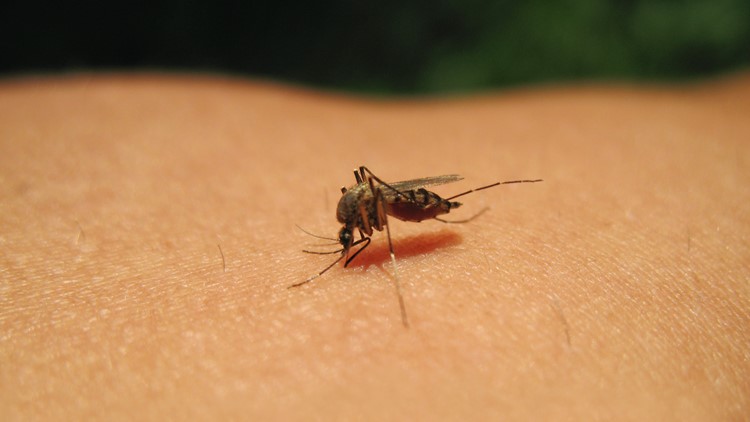AUGUSTA, Maine — The Maine Center for Disease Control and Prevention is asking Mainers and visitors to be careful, as states in the Northeast report a very active season for Eastern Equine Encephalitis.
On Thursday, August 29, the CDC released the notice, saying there has been a "regional increase" in mosquito-borne diseases in the region.
Public health officials in Massachusetts, New York, New Jersey, and Connecticut have reportedly cited an increase in EEE activity this year. The CDC reports Massachusetts has seen four human cases, one human death, and four animal deaths resulting from EEE.
Earlier this week, New Hampshire also reported that a horse in Northwood had tested positive for the virus.
The CDC says many states have also seen humans and mosquitoes test positive for West Nile Virus this season -- but Maine has not yet had any confirmed cases.
"It is important for all Mainers to take precautions to avoid mosquito bites," said Maine CDC Director Nirav D. Shah. "We want everyone to enjoy the outdoors while taking extra precautions to protect their health."
EEE was first detected in birds in Maine in 2001. Mosquitoes acquire the virus by feeding on infected wild birds and can then transmit it to humans. The last time a case of EEE was reported in the state was about four years ago in 2015.
The risk of contracting EEE or WNV typically increases through the late summer and early fall. Mosquitoes are often around until the second heavy frost.
Mosquitoes are most active from dusk to dawn, so people who are outside at those times should:
- use an EPA-approved repellent
- wear long-sleeved shorts and pants
- treat clothing and gear with Permethrin
- empty artificial sources of standing water, fix holes in screen, and work with a pesticide control applicator
A EEE infection can cause serious illness that affects the brain. About one in three people infected with EEE die -- and those who recover often experience lasting health problems.
Some people with EEE do not have obvious symptoms -- but symptoms can range from a mild flu-like illness to a high fever, headache, stiff neck, and decreased consciousness.
There is no human vaccine to treat EEE and WNV. There are also no specific antiviral treatments for EEE or WNV infections.



